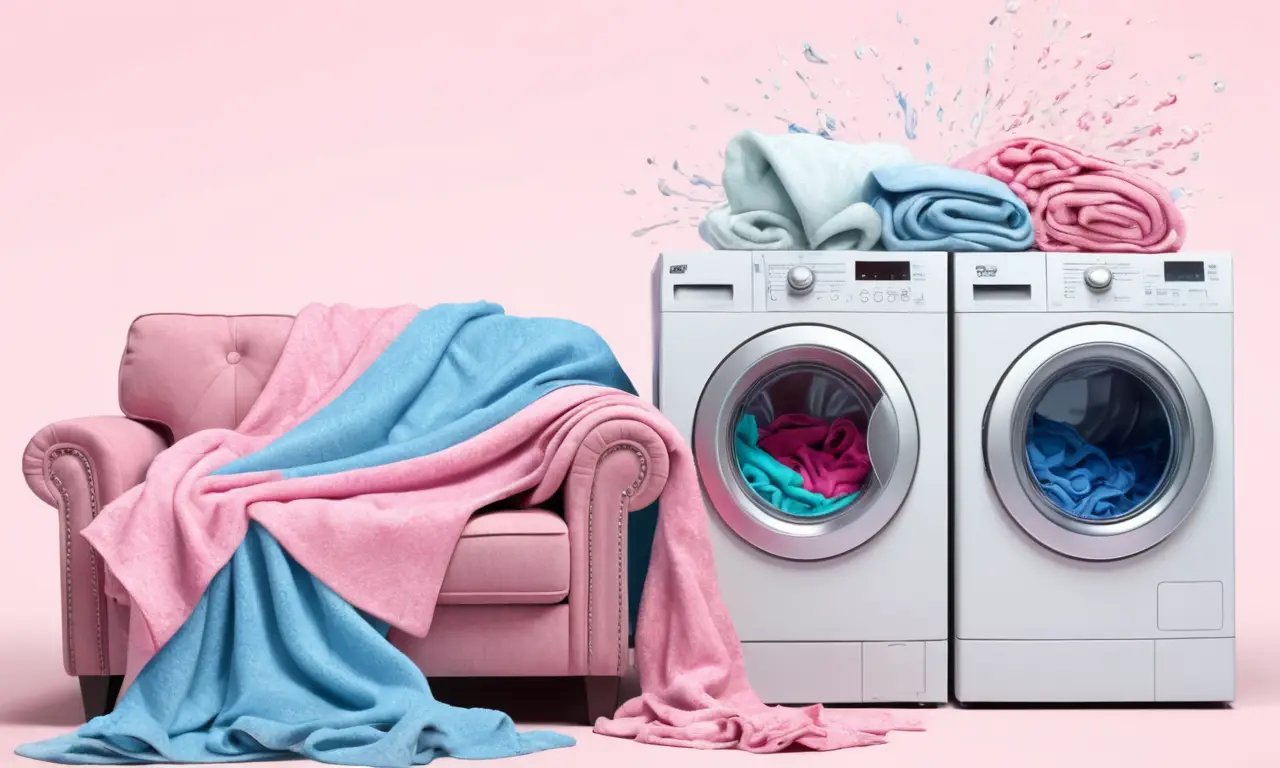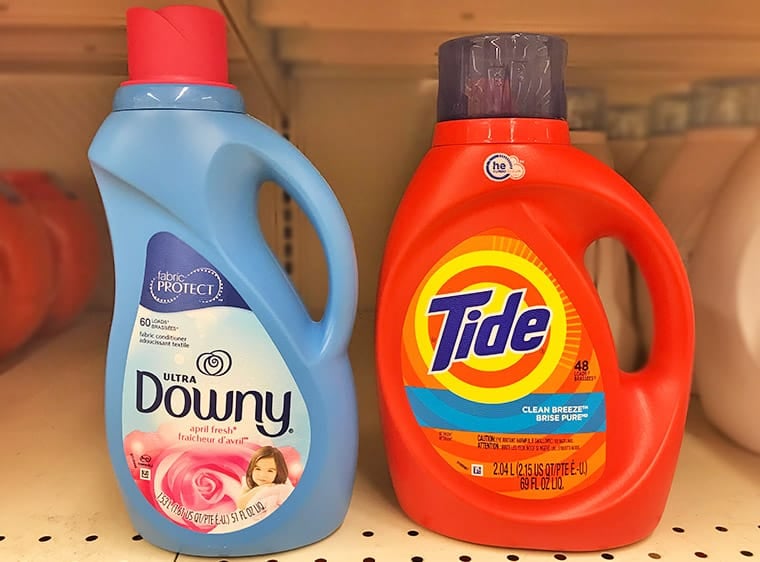Laundry day can feel like a chore, but choosing the right products can make it easier and more efficient. One common dilemma is deciding whether to use fabric softener or detergent. While both play a role in keeping your clothes clean and fresh, they serve different purposes. This article will delve into the benefits of each product, compare their functionalities, and guide you towards making an informed decision about which is best for your laundry needs.
This comprehensive guide will explore the advantages of using fabric softener, analyze the differences between detergent and fabric softener, and discuss the emergence of detergents with built-in softeners. We’ll also consider factors like personal preferences and desired laundry outcomes to help you choose the right product for your specific circumstances.
Fabric Softener Benefits
Fabric softener offers a range of benefits that enhance the feel and appearance of your clothes.
- Softness: The primary function of fabric softener is to make your clothes softer and more comfortable to wear. It works by coating the fibers with a thin layer of softening agents, reducing friction and creating a smoother texture. This is particularly beneficial for delicate fabrics like cotton, linen, and silk.
Static Reduction: Fabric softener helps minimize static cling, which can be annoying and cause clothes to stick together. The softening agents create a barrier between fabric fibers, preventing the buildup of static electricity.
Pleasant Scent: Many fabric softeners come in various fragrances, allowing you to infuse your laundry with a delightful scent. This can leave your clothes smelling fresh and inviting, enhancing your overall sensory experience.
- Wrinkle Reduction: Some fabric softeners contain ingredients that help reduce wrinkles, making ironing easier and saving you time.
Detergent vs. Fabric Softener

While both detergent and fabric softener are essential for laundry care, they serve distinct purposes.
Detergent is primarily responsible for cleaning clothes by removing dirt, stains, and odors. It contains surfactants that break down grease and grime, allowing them to be rinsed away. Fabric softener, on the other hand, focuses on enhancing the feel and appearance of already clean clothes. It does not have the same cleaning power as detergent and should not be used as a substitute.
Using both detergent and fabric softener together ensures that your clothes are thoroughly cleaned and left feeling soft, fresh, and wrinkle-free.
Built-in Fabric Softeners in Detergents
To simplify laundry routines, many detergent manufacturers now offer products with built-in fabric softeners. These all-in-one detergents combine the cleaning power of traditional detergents with the softening benefits of separate fabric softener products.
This eliminates the need for multiple containers and simplifies your laundry process. However, it’s important to note that the amount of fabric softener included in these detergents may be less than using a dedicated fabric softener product.
Choosing the Right Product for Your Needs

Selecting the best laundry products depends on your individual preferences and laundry requirements.
- Consider Fabric Type: Delicate fabrics like silk or wool benefit from the added softness provided by fabric softener. For sturdier fabrics like denim or cotton, a detergent with built-in softeners may suffice.
- Scent Preference: If you enjoy a fresh scent on your clothes, choose a detergent or fabric softener with your preferred fragrance. Some products offer unscented options for those who prefer a neutral smell.
- Budget: Fabric softeners and detergents with built-in softeners vary in price. Consider your budget when making your decision.
Laundry Outcomes and Preferences
Ultimately, the best choice between fabric softener and detergent depends on your desired laundry outcomes and personal preferences.
If you prioritize softness, reduced static cling, and a pleasant scent, using fabric softener is recommended. If you prefer a simpler laundry routine and find that built-in softeners in detergents meet your needs, this option can be convenient. Experiment with different products to determine what works best for you and your laundry habits.
Conclusion
Choosing between fabric softener and detergent involves considering various factors like fabric type, scent preference, budget, and desired laundry outcomes. Both products play essential roles in maintaining clean and fresh clothes. While detergent cleanses, fabric softener enhances softness, reduces static cling, and adds a pleasant fragrance. By understanding the benefits of each product and your individual needs, you can make an informed decision that leads to a more satisfying laundry experience.



